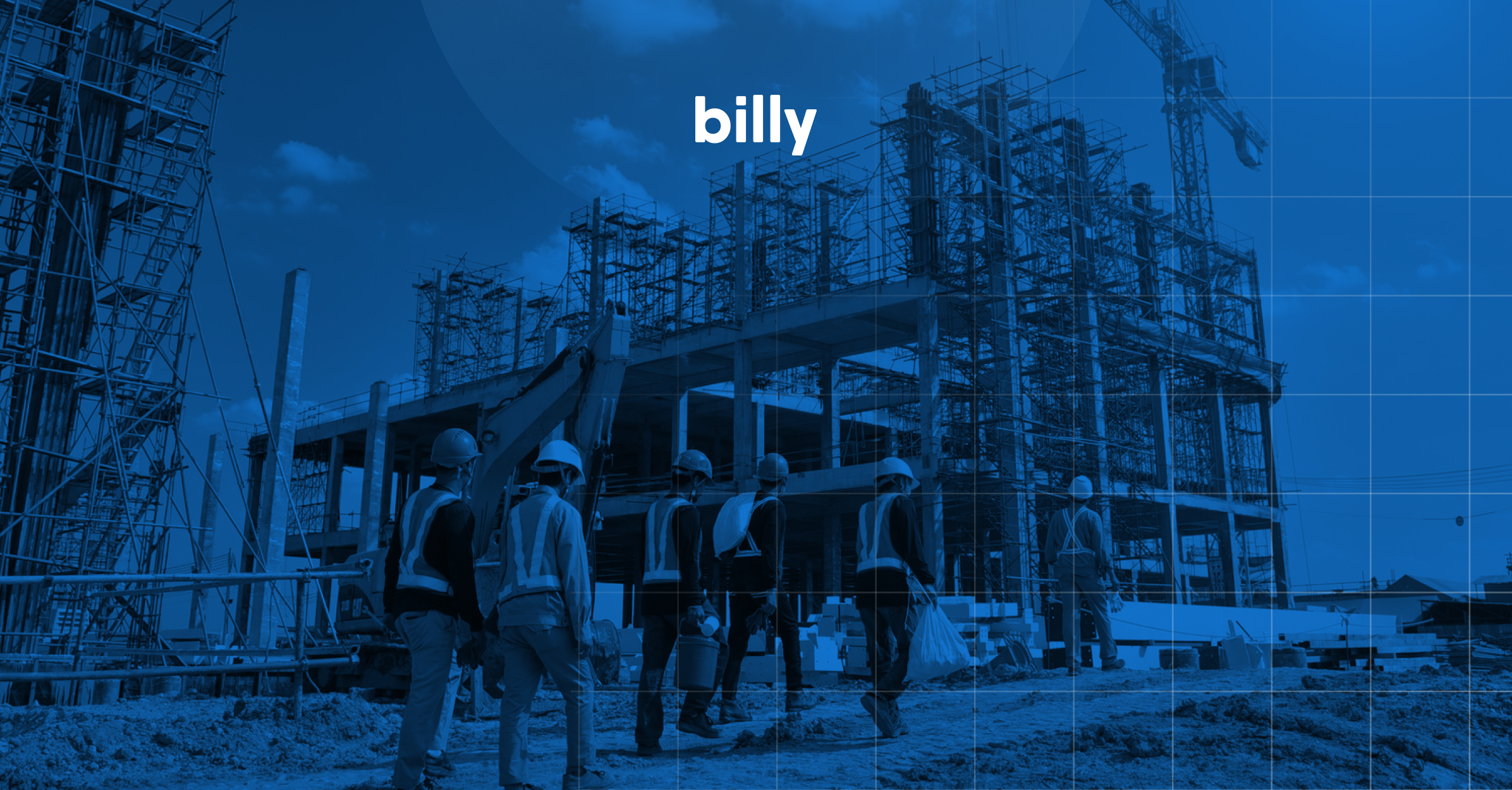Introduction:
In the dynamic and multifaceted world of construction projects, various factors contribute to their success. One often overlooked but incredibly significant aspect is the proper risk and liability management through insurance coverage. Certificates of Insurance (COIs) are pivotal in protecting all parties involved in a construction project. In this article, we will delve into the importance of COIs and how they contribute to the seamless execution of construction endeavors.
Understanding Certificates of Insurance:
Certificates of Insurance are documents that provide evidence of insurance coverage. They outline the types and limits of insurance policies carried by contractors, subcontractors, and other project-related entities. Essentially, a COI is a snapshot of an insurance policy, detailing the key elements of coverage such as the policyholder’s name, policy number, coverage limits, and effective dates.
- Risk Mitigation:
Construction projects are inherently risky undertakings. From design flaws to on-site accidents, numerous unexpected events can lead to financial loss and potential legal liabilities. COIs act as a safety net, ensuring that contractors and subcontractors have the necessary insurance coverage to handle these risks. By verifying insurance coverage through COIs, project owners and stakeholders can be confident that they are protected from unforeseen financial burdens. - Contractual Compliance:
Construction projects involve complex webs of contracts and agreements between various parties. Many of these agreements stipulate the minimum insurance requirements that each party must maintain. COIs provide a tangible way to confirm that these insurance obligations are being met, ensuring that all parties are in compliance with the terms of their contracts. This not only reduces the potential for disputes but also promotes transparency and trust among project stakeholders. - Vendor and Partner Selection:
When selecting contractors, subcontractors, and vendors, project owners need to make informed decisions. COIs enable project owners to evaluate potential partners based on their insurance coverage. By ensuring that partners have appropriate insurance in place, project owners can choose collaborators who are financially secure and capable of mitigating risks, leading to a smoother project execution. - Financial Protection:
Accidents, property damage, and legal claims are unfortunate but possible occurrences on construction sites. In the absence of proper insurance coverage, these incidents could result in significant financial setbacks for all parties involved. COIs provide a level of financial protection, allowing project stakeholders to address claims and damages without bearing the full brunt of the costs. - Third-Party Verification:
COIs not only protect the project owner but also third parties such as lenders, investors, and regulatory bodies. These entities often require evidence of insurance coverage before getting involved in a construction project. COIs offer a straightforward way to verify that the necessary insurance is in place, which can expedite project financing and approvals.
Conclusion:
Certificates of Insurance are more than just pieces of paper; they are vital tools that safeguard construction projects from potential risks and liabilities. By ensuring that all parties have adequate insurance coverage, COIs promote transparency, contractual compliance, and financial security. As the construction industry continues to evolve, the importance of COIs remains constant—a critical component in the intricate puzzle of successful project management. So, the next time you embark on a construction journey, remember that the seemingly unassuming COI could be the key to a resilient and prosperous outcome.


